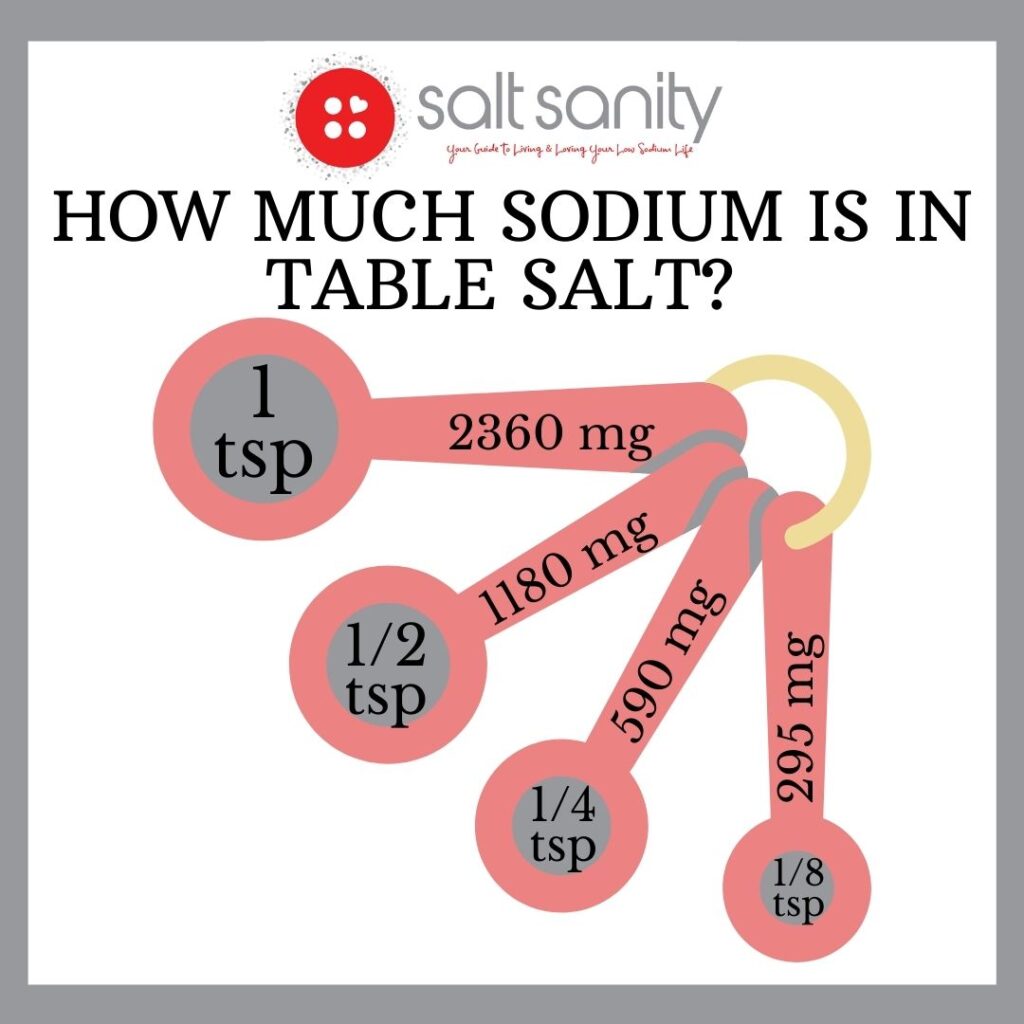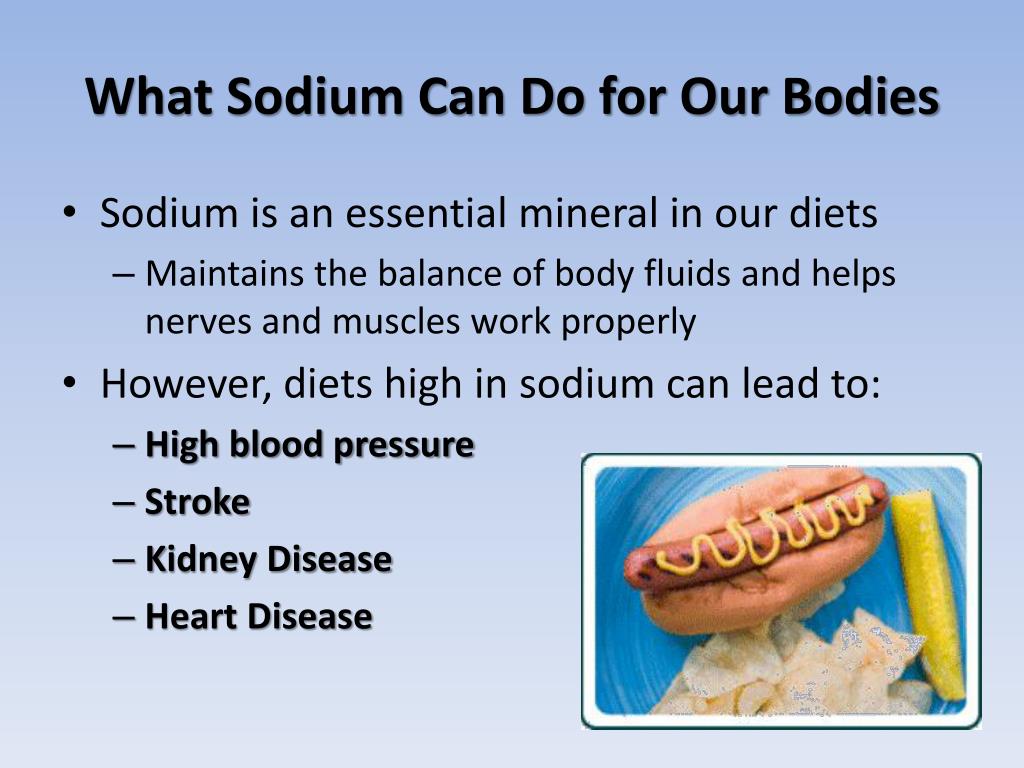Understanding Sodium Absorption and Elimination: How Long Does Sodium Stay in Your System?
Sodium, an essential mineral, plays a crucial role in maintaining fluid balance, nerve function, and muscle contractions in the human body. However, excessive sodium consumption can lead to health issues. One common question that arises is, "How long does sodium stay in your system?" This article explores the absorption, distribution, and elimination of sodium from the body, shedding light on the factors that influence its presence.
1. The Journey of Sodium in the Body: Absorption and Distribution
1.1 Absorption in the Digestive System:
Sodium enters the body primarily through dietary sources, most commonly in the form of table salt (sodium chloride). After ingestion, sodium is absorbed mainly in the small intestine, facilitated by active transport mechanisms.
1.2 Distribution in Body Fluids:
Once absorbed, sodium is rapidly distributed throughout the body via the bloodstream. It plays a pivotal role in maintaining osmotic pressure and ensuring proper fluid balance between cells and surrounding tissues.

how long does sodium stay in your system
2. The Role of the Kidneys: Sodium Regulation and Excretion
2.1 Kidney Function:
The kidneys play a vital role in regulating sodium levels in the body. They filter excess sodium from the bloodstream and excrete it through urine, helping to maintain the body's sodium balance.
2.2 Sodium Excretion:
On average, a healthy adult excretes around 90-95% of ingested sodium within a 24-hour period. The kidneys' efficiency in filtering and excreting sodium helps prevent its accumulation in the body.
3. Factors Influencing Sodium Retention and Excretion
3.1 Dietary Intake:
High sodium intake can lead to increased sodium levels in the bloodstream. The kidneys work to excrete the excess, but consistent high consumption can challenge their ability to maintain balance.
3.2 Hydration Status:
Dehydration can lead to sodium retention as the body attempts to preserve water. Adequate hydration supports the kidneys in efficiently excreting sodium.
3.3 Renal Health:
Individuals with compromised kidney function may experience difficulty in excreting excess sodium, leading to sodium retention and potential health risks.
4. Sodium and Health Implications
4.1 Hypertension:
Excessive sodium consumption is linked to high blood pressure (hypertension).
Sodium causes water retention, which increases blood volume and puts strain on the cardiovascular system.
4.2 Fluid Imbalance:
A high-sodium diet can disrupt the balance between sodium and potassium, leading to intracellular and extracellular fluid imbalances.
4.3 Kidney Strain:
Consistently high sodium intake can strain the kidneys, potentially leading to reduced efficiency in sodium excretion.

how long does sodium stay in your system
5. Duration of Sodium Presence in the Body
5.1 Short-Term Presence:
After a high-sodium meal, the body might take a few hours to process and distribute sodium. Some effects, like bloating due to water retention, might be noticeable relatively quickly.
5.2 Long-Term Considerations:
Sodium's long-term impact is more relevant in terms of chronic health effects like hypertension. However, the exact duration of sodium presence in the body depends on factors such as individual metabolism, sodium intake, and overall health.
6. Reducing Sodium Intake: Practical Tips
6.1 Read Labels:
Be mindful of packaged and processed foods, as they often contain hidden sodium. Reading labels can help you make informed choices.
6.2 Cook at Home:
Preparing meals at home allows you to control the amount of sodium in your dishes and use alternative seasonings.
6.3 Choose Fresh Ingredients:
Opt for fresh fruits, vegetables, and whole foods, which naturally contain lower levels of sodium.
7. Consulting a Healthcare Professional
If you have concerns about sodium intake and its effects on your health, it's advisable to consult a healthcare professional.
They can provide personalized guidance based on your health status and dietary habits.
Understanding how long sodium stays in your system involves grasping its absorption, distribution, and elimination processes. While the immediate effects of sodium consumption can be noticeable within a few hours, its long-term impact is more significant, especially in relation to health conditions like hypertension. By being mindful of your sodium intake, staying hydrated, and making informed dietary choices, you can contribute to maintaining a healthier sodium balance and promoting overall well-being.